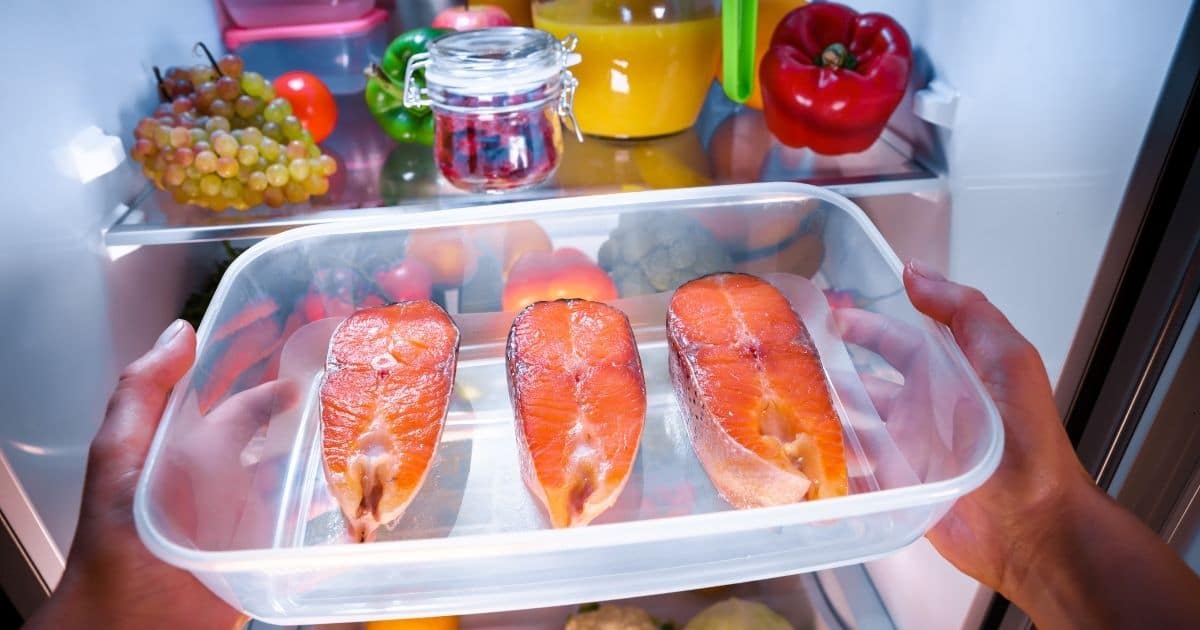

Articles
How Long Does Cooked Salmon Last In Freezer
Modified: February 27, 2024
Learn how long cooked salmon can last in the freezer and get helpful articles on food storage and preservation.
(Many of the links in this article redirect to a specific reviewed product. Your purchase of these products through affiliate links helps to generate commission for Storables.com, at no extra cost. Learn more)
Introduction
Welcome to the fascinating world of freezer storage! When it comes to preserving cooked salmon, the freezer can be your best friend. Whether you have leftovers from a delicious dinner or you simply want to stock up on this nutritious fish, knowing how long cooked salmon lasts in the freezer is essential.
Cooked salmon is not only a versatile ingredient but also a healthy protein option that’s packed with beneficial omega-3 fatty acids. However, like any perishable food, it has a limited shelf life, even when frozen. Understanding the factors that affect the freezer storage time of cooked salmon and the signs of spoilage is crucial for maintaining its quality and ensuring food safety.
In this article, we will explore the shelf life of cooked salmon in the freezer and provide you with tips to extend its freezer life. So let’s dive in and discover how to make the most of your cooked salmon leftovers!
Key Takeaways:
- Properly store cooked salmon in airtight, freezer-safe containers to maintain its quality. Label and date each package for easy tracking and prioritize consumption within the first month for optimal taste.
- Extend the freezer life of cooked salmon by portioning, vacuum-sealing, and using the FIFO method. Thaw and reheat properly to ensure food safety and enjoy delicious, nutritious salmon for longer.
Read more: How Long Does Coffee Last In Freezer
Understanding the Shelf Life of Cooked Salmon in the Freezer
When it comes to freezing cooked salmon, it’s important to understand the concept of shelf life. Shelf life refers to the length of time a food product can be stored before it starts to lose its quality or potentially become unsafe to consume. Freezing is an effective way to extend the shelf life of cooked salmon, but it’s crucial to know how long it can stay in the freezer without compromising its taste and texture.
The shelf life of cooked salmon in the freezer can vary depending on several factors such as the storage temperature, packaging method, and initial quality of the fish. Generally, cooked salmon can be stored in the freezer for up to three months. However, it’s worth noting that the quality and flavor may start to deteriorate after the first month, especially if proper storage techniques are not followed.
It’s essential to keep in mind that freezer storage doesn’t mean that the cooked salmon will stay fresh indefinitely. The freezing process slows down the growth of bacteria and other microorganisms responsible for food spoilage, but it doesn’t completely halt their activity. Over time, the quality of the fish may be compromised, resulting in changes in texture, taste, and overall palatability.
Additionally, it’s important to freeze cooked salmon as quickly as possible. The faster the freezing process, the better the quality of the fish will be preserved. Quick freezing minimizes the formation of ice crystals, which can damage the texture and moisture content of the salmon.
Now that we have a basic understanding of the shelf life of cooked salmon in the freezer, let’s explore the factors that can affect its freezer storage time.
Factors Affecting the Freezer Storage Time
Several factors can influence the freezer storage time of cooked salmon. By understanding these factors, you can ensure that your salmon stays fresh and delicious for as long as possible:
- Quality of the Fish: The initial quality of the cooked salmon plays a significant role in determining its freezer storage time. Fresh, high-quality salmon will have a longer shelf life compared to salmon that is already past its prime.
- Storage Temperature: The temperature at which you store your cooked salmon in the freezer is crucial. It is recommended to keep the freezer temperature at or below 0°F (-18°C) to maintain the quality and safety of the fish. Fluctuations in temperature can negatively impact the texture and taste of the salmon.
- Packaging Method: The way you package cooked salmon for freezing can make a difference in its shelf life. It’s important to use airtight and freezer-safe containers, such as freezer bags or airtight containers, to prevent freezer burn and the absorption of odors. Proper packaging helps preserve the moisture content and flavor of the salmon.
- Exposure to Air: Air exposure can lead to freezer burn, where the surface of the salmon becomes dehydrated and develops unappetizing textures and flavors. Ensure that the packaging used is airtight and free from any air pockets to minimize the risk of freezer burn.
- Frequency of Temperature Fluctuations: Frequent temperature fluctuations can have a negative impact on the quality of the frozen salmon. Avoid opening the freezer door unnecessarily or keeping it open for extended periods, as this can lead to temperature fluctuations.
By considering these factors and taking proper precautions, you can maximize the freezer storage time of your cooked salmon and enjoy it at its best quality.
Proper Storage of Cooked Salmon in the Freezer
To ensure that your cooked salmon stays fresh and maintains its quality during freezer storage, follow these guidelines for proper storage:
- Cooling it Down: Allow the cooked salmon to cool down completely before placing it in the freezer. Placing hot or warm salmon directly into the freezer can raise the temperature inside, potentially compromising the safety of other frozen items.
- Portioning: If you have a large amount of cooked salmon, consider portioning it into individual servings before freezing. This makes it easier to thaw only the amount you need, reducing waste and ensuring that the rest of the salmon remains frozen.
- Airtight Packaging: Place the cooked salmon in airtight and freezer-safe containers, such as freezer bags or airtight containers. Remove as much air as possible from the packaging to minimize the risk of freezer burn and maintain the quality of the fish.
- Labeling: Properly label each package with the date of freezing. This will help you keep track of the freshness and rotation of your cooked salmon in the freezer.
- Freezer Placement: Store the cooked salmon in a dedicated area of the freezer where it won’t be disturbed or crushed by other items. This will help prevent any damage to the packaging and maintain the integrity of the fish.
- Storage Duration: While cooked salmon can be stored in the freezer for up to three months, it is best to consume it within the first month to preserve its taste and quality. The longer it stays in the freezer, the higher the chances of deterioration in texture and flavor.
- Thawing Properly: When you’re ready to enjoy your frozen cooked salmon, thaw it safely in the refrigerator overnight. Avoid thawing at room temperature, as this can promote bacterial growth and compromise food safety.
By following these storage guidelines, you can ensure that your cooked salmon remains fresh and flavorful when you’re ready to enjoy it.
Cooked salmon can last in the freezer for up to 2-3 months if properly stored in an airtight container or freezer bag. Be sure to label the container with the date to keep track of its freshness.
Signs of Spoiled Cooked Salmon
Even with proper freezer storage, there may come a time when your cooked salmon starts to spoil. It’s important to be able to recognize the signs of spoilage to ensure you’re consuming safe and healthy food. Here are some common signs that your cooked salmon may have gone bad:
- Unpleasant Odor: If your cooked salmon has a strong, fishy, or unpleasant odor, it is likely spoiled. Fresh salmon should have a mild seafood smell, but any strong or rancid odors indicate spoilage.
- Discoloration: Take a close look at the color of your cooked salmon. If it appears dull, grayish-brown, or has dark patches, it may indicate spoilage. Fresh salmon should have a vibrant pink or orange color.
- Texture Changes: Spoiled cooked salmon may have a slimy or mushy texture. If the fish feels slimy or falls apart easily when touched, it is a sign that it has gone bad.
- Mold Growth: If you notice any mold growth on the surface of your cooked salmon, do not consume it. Mold growth is a clear indication of spoilage and can potentially contain harmful toxins.
- Bitter or Sour Taste: Spoiled salmon may have an off or bitter taste. If you notice any unusual flavors when consuming cooked salmon, it is best to discard it to avoid any risk of foodborne illness.
- Unusual Gas or Swelling: In some cases, spoiled cooked salmon may exhibit gas formation or swelling of the packaging. This is a sign of bacterial growth, and the salmon should be discarded immediately.
It’s essential to use your senses to detect any changes in smell, appearance, texture, or taste when it comes to cooked salmon. If you notice any of these signs of spoilage, it’s best to err on the side of caution and discard the salmon to ensure your safety.
Tips for Extending the Freezer Life of Cooked Salmon
If you want to make the most out of your cooked salmon and extend its freezer life, here are some helpful tips to follow:
- Properly Store and Package: As mentioned earlier, ensure that the cooked salmon is properly stored and packaged in airtight, freezer-safe containers. This will help protect the salmon from freezer burn and maintain its quality.
- Use Vacuum-Sealed Bags: Consider investing in a vacuum sealer to package your cooked salmon. Vacuum-sealed bags remove air and create a tight seal, ensuring optimal freshness and a longer freezer life.
- Label and Date: Always label each package with the date of freezing. This will help you keep track of the storage duration and prioritize the usage of older batches of cooked salmon.
- Freeze in Individual Portions: Portioning the cooked salmon before freezing is highly beneficial. By doing so, you can thaw only the amount you need at a time, reducing waste and minimizing the number of times you have to thaw and refreeze the salmon.
- Keep a Consistent Temperature: It’s crucial to maintain a consistent temperature in your freezer. Avoid frequent temperature fluctuations by minimizing the opening and closing of the freezer door.
- Rotate and Use FIFO Method: FIFO stands for “First In, First Out” and is a useful principle for freezer storage. Arrange the packages of cooked salmon in the freezer in such a way that the older ones are at the front and the newer ones are at the back. This ensures that you use the older salmon first, minimizing the chances of any packages being forgotten or left unused for too long.
- Thaw Properly: When you’re ready to enjoy your cooked salmon, thaw it safely in the refrigerator overnight. Avoid thawing at room temperature or using hot water, as this can compromise the quality and safety of the fish.
- Reheat Properly: If you plan to consume the reheated cooked salmon, ensure that it is reheated thoroughly to an internal temperature of 165°F (74°C) to kill any potential bacteria and ensure food safety. Use a food thermometer to check the temperature.
By following these tips, you can extend the freezer life of your cooked salmon and enjoy its flavor and quality for a longer period. Additionally, proper storage and handling practices will help ensure the safety of the fish.
Conclusion
Freezing cooked salmon is a fantastic way to extend its shelf life and enjoy this delicious and nutritious fish for longer. By understanding the factors that affect freezer storage and following proper storage techniques, you can maintain the quality and taste of cooked salmon in the freezer.
Remember to cool the salmon before freezing it, portion it into individual servings, and use airtight and freezer-safe containers for packaging. Labeling and dating each package will help you keep track of freshness, while storing the salmon in a dedicated area of the freezer will prevent damage. It’s also essential to thaw and reheat the salmon properly to ensure food safety.
While cooked salmon can be stored in the freezer for up to three months, it is best to consume it within the first month to maintain optimal taste and texture. Keep an eye out for signs of spoilage such as unpleasant odors, discoloration, texture changes, mold growth, or unusual tastes. If you notice these signs, it’s best to discard the salmon.
By following these guidelines and tips, you can make the most out of your cooked salmon leftovers in the freezer. Enjoy the convenience, versatility, and health benefits that come with having cooked salmon readily available whenever you need it.
So, with the knowledge gained from this article, go ahead and freeze your cooked salmon while ensuring its quality and safety. Happy freezing and enjoy your delicious cooked salmon whenever the craving strikes!
Frequently Asked Questions about How Long Does Cooked Salmon Last In Freezer
Was this page helpful?
At Storables.com, we guarantee accurate and reliable information. Our content, validated by Expert Board Contributors, is crafted following stringent Editorial Policies. We're committed to providing you with well-researched, expert-backed insights for all your informational needs.
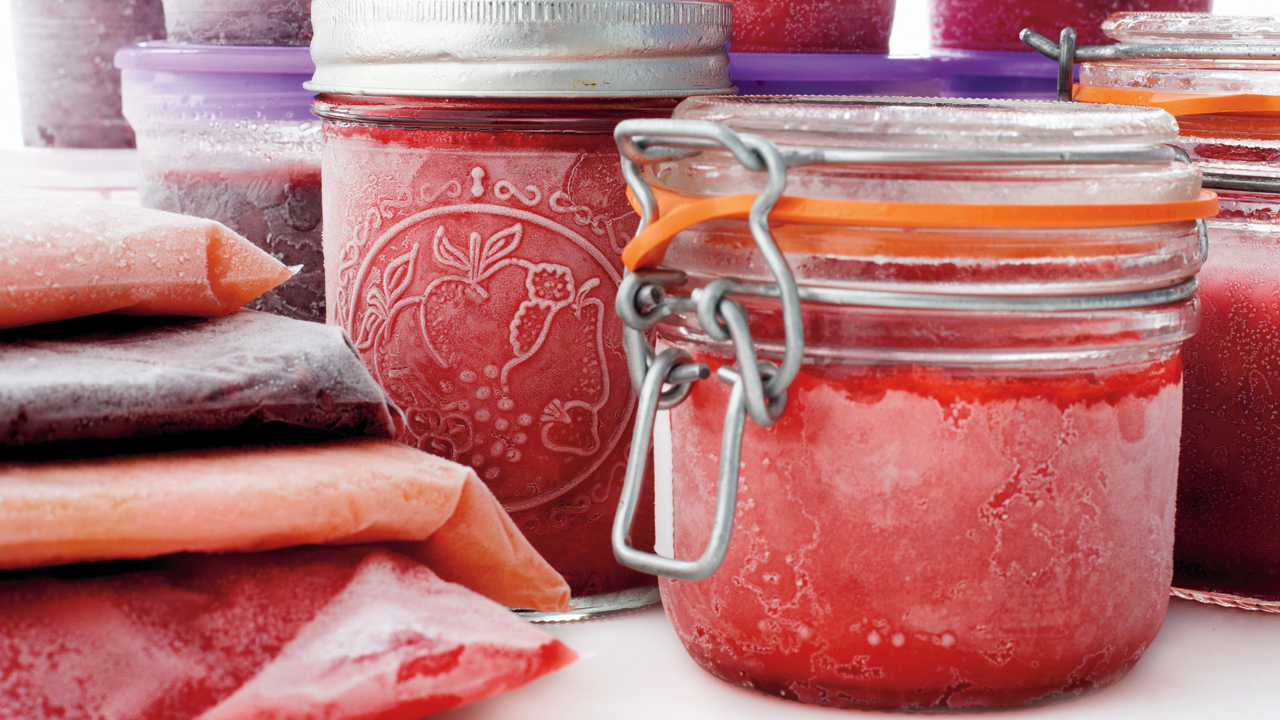

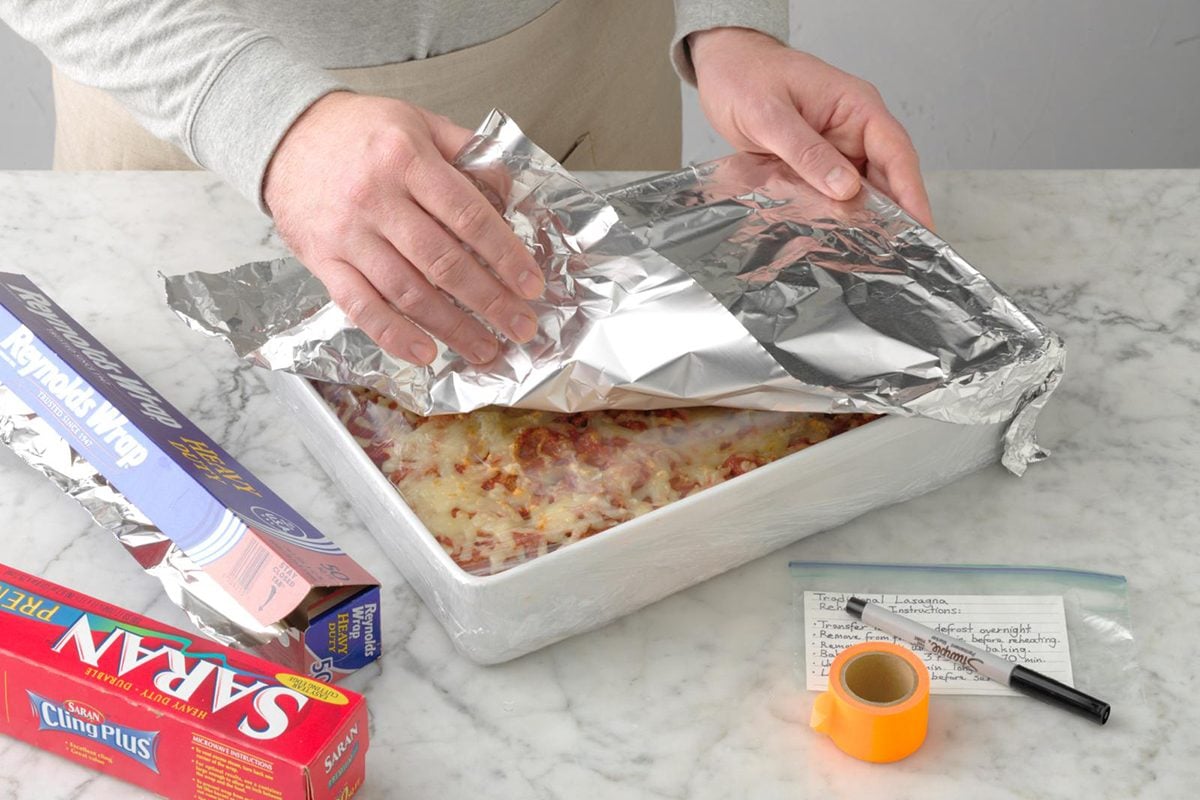
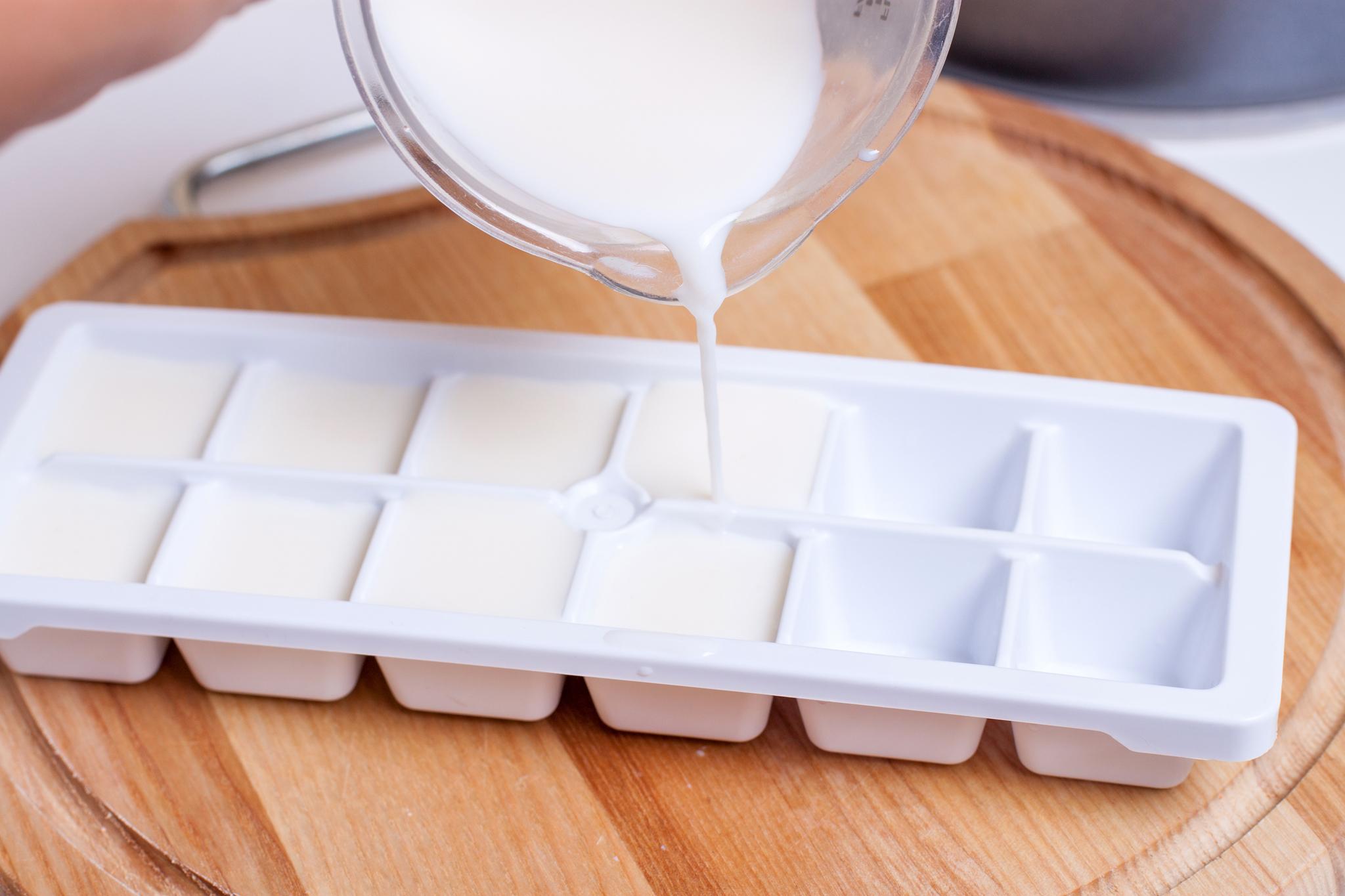
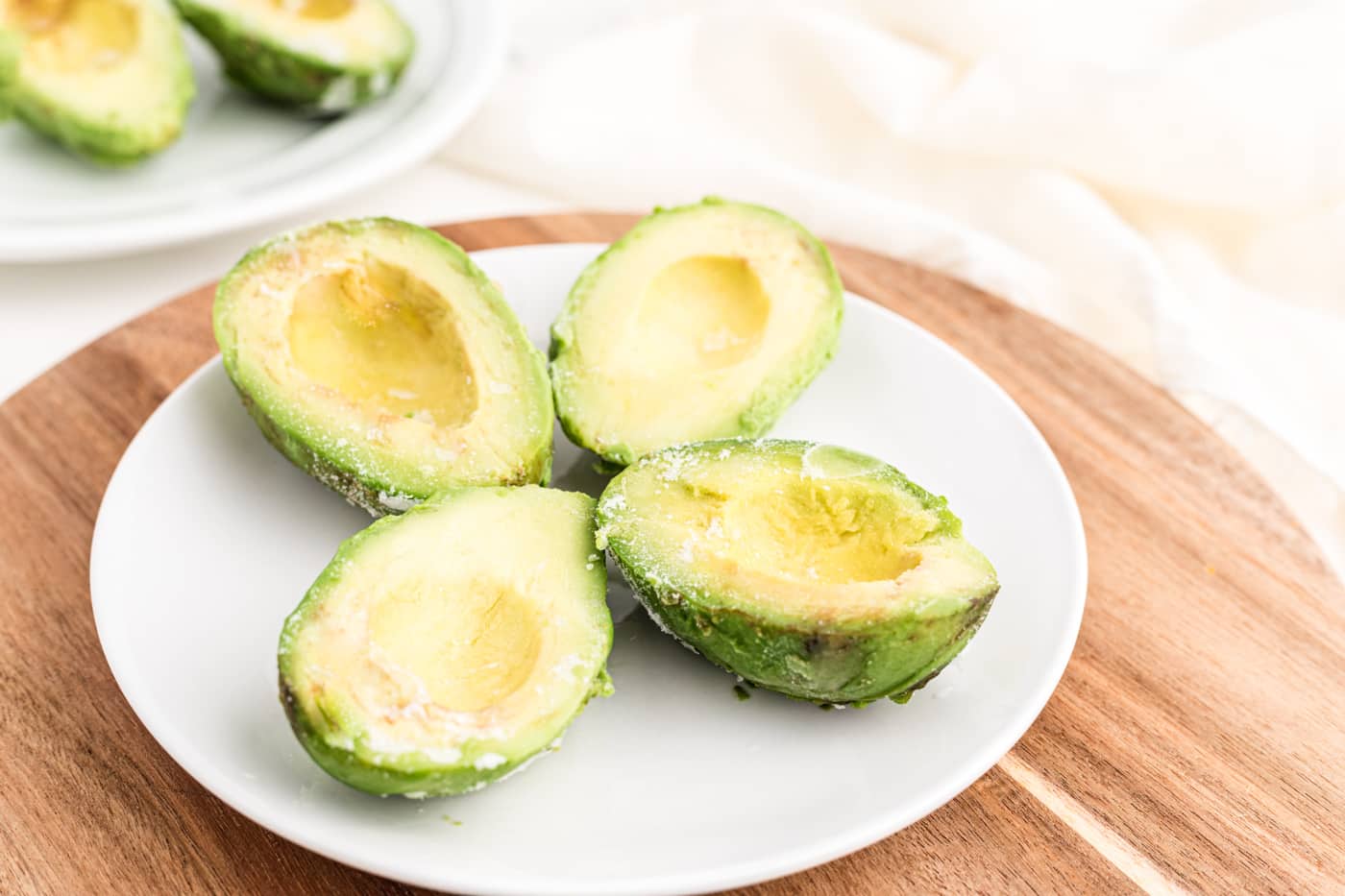

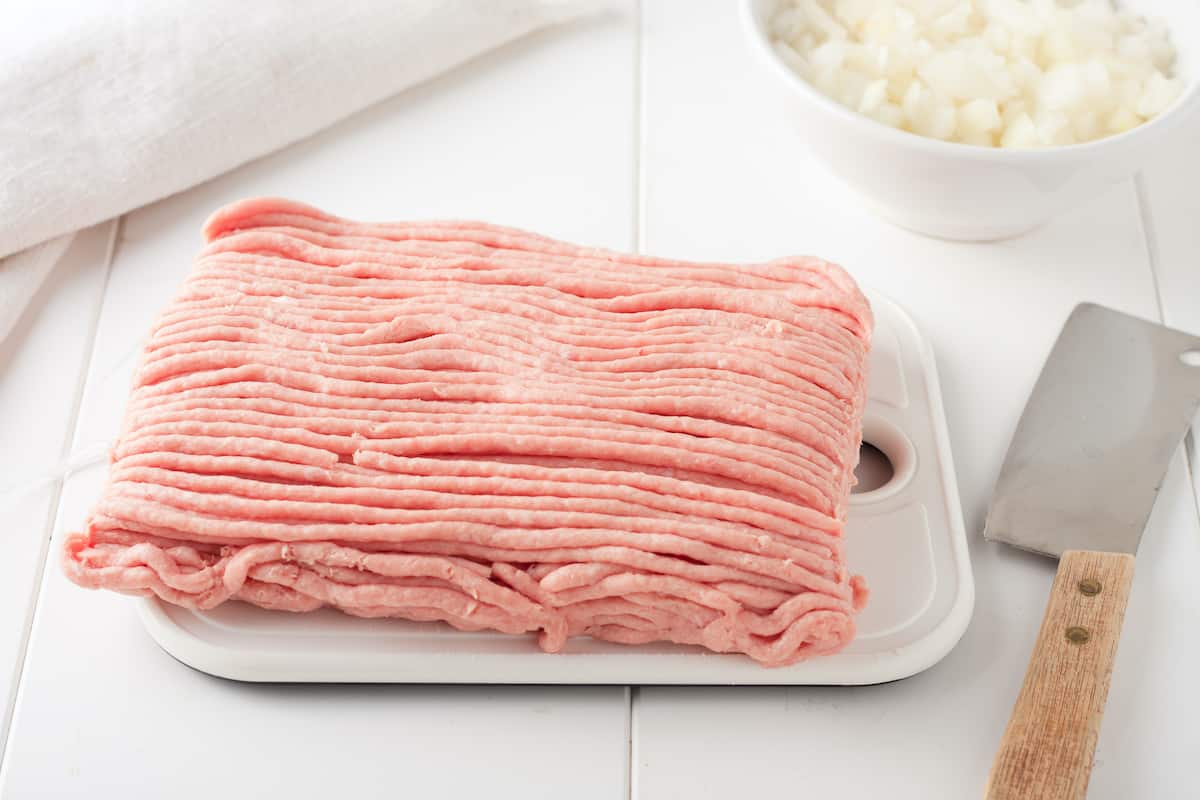
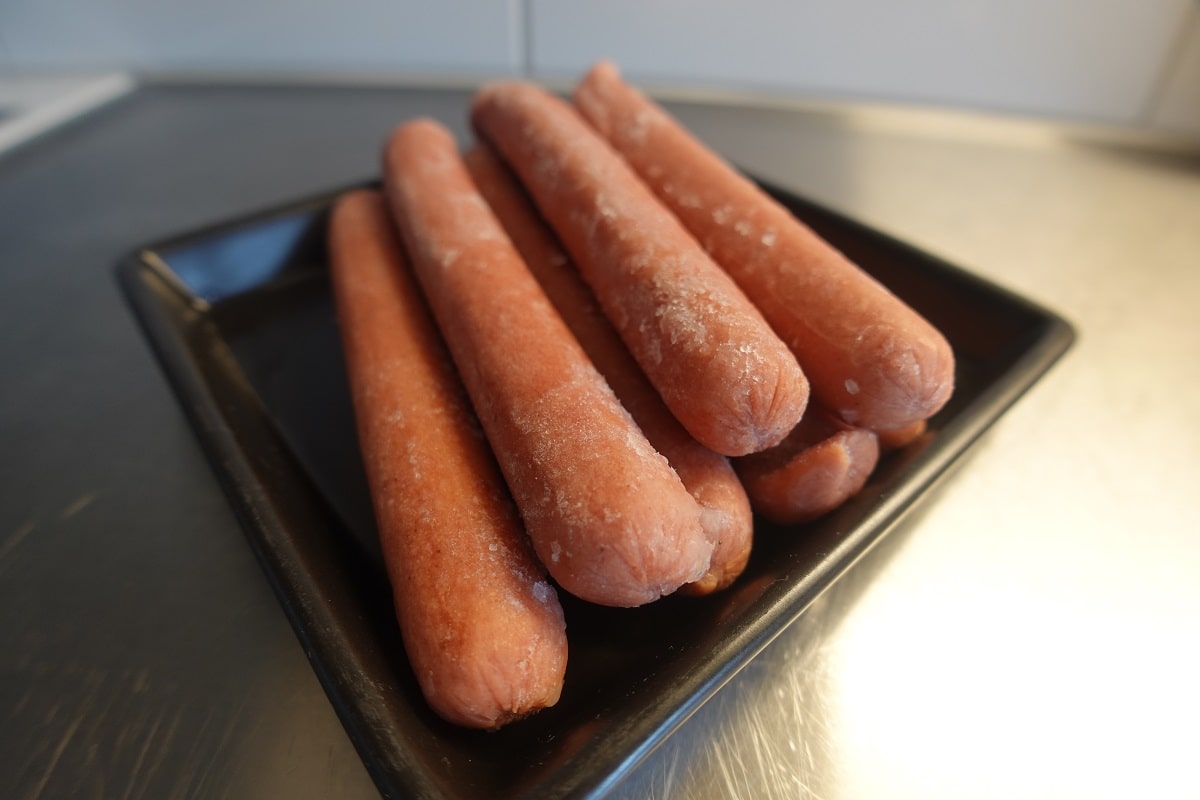
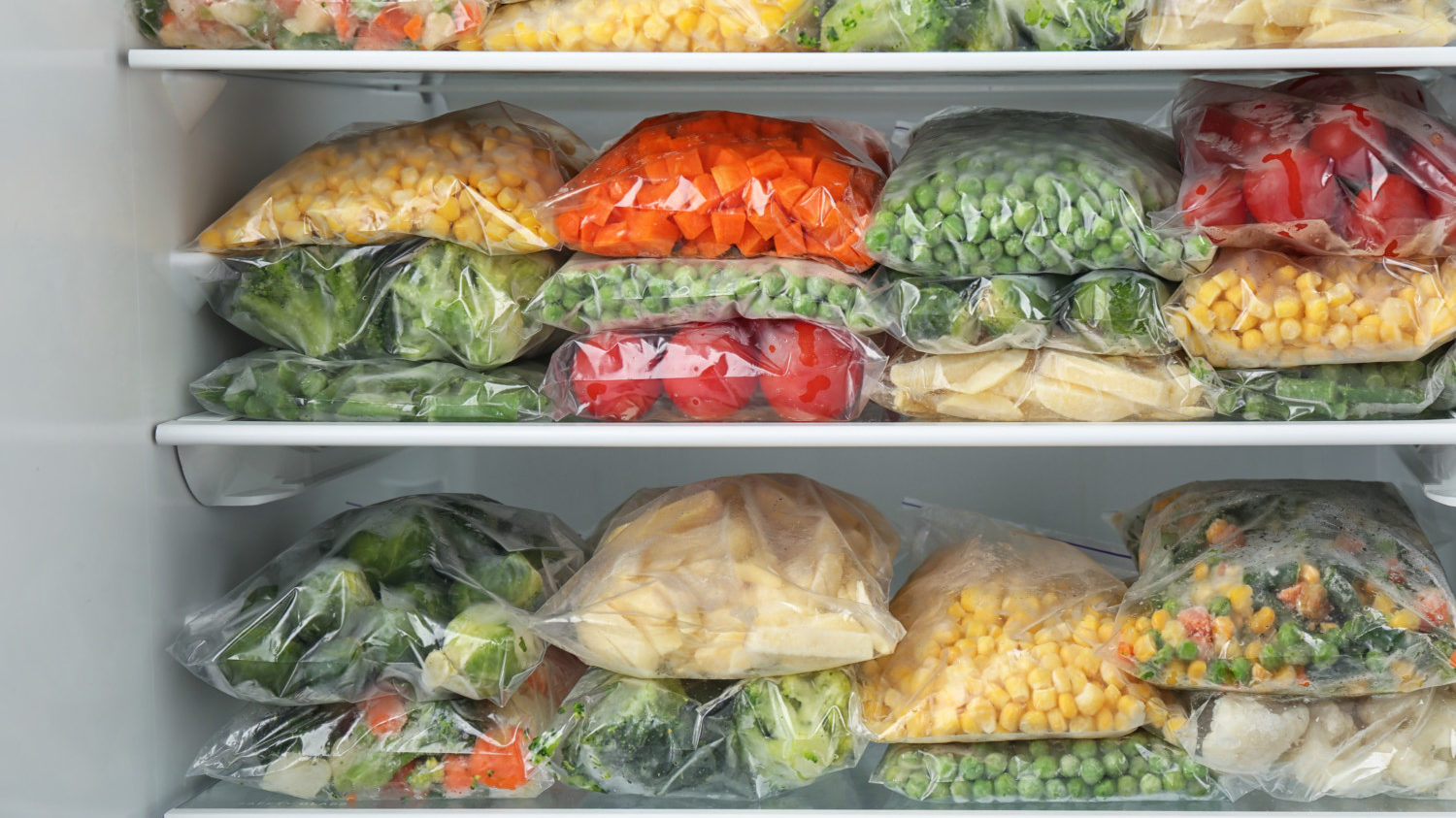
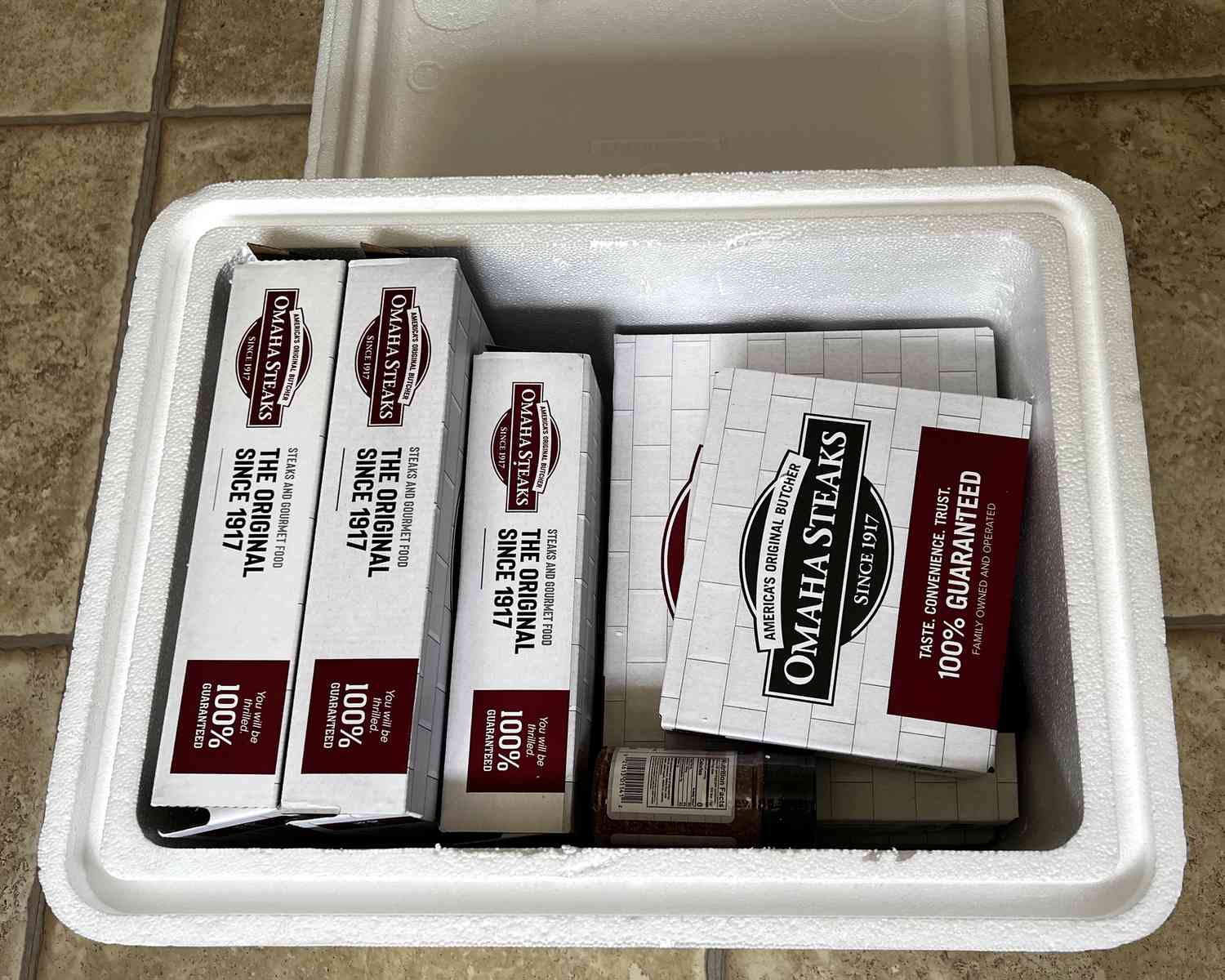

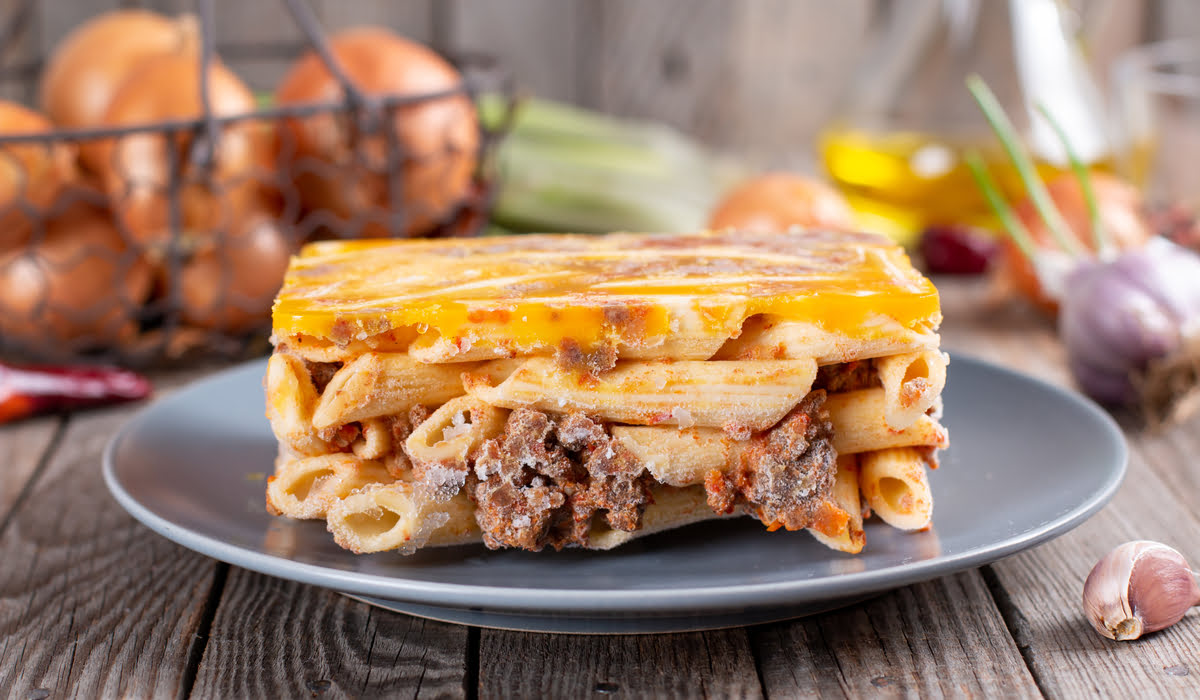
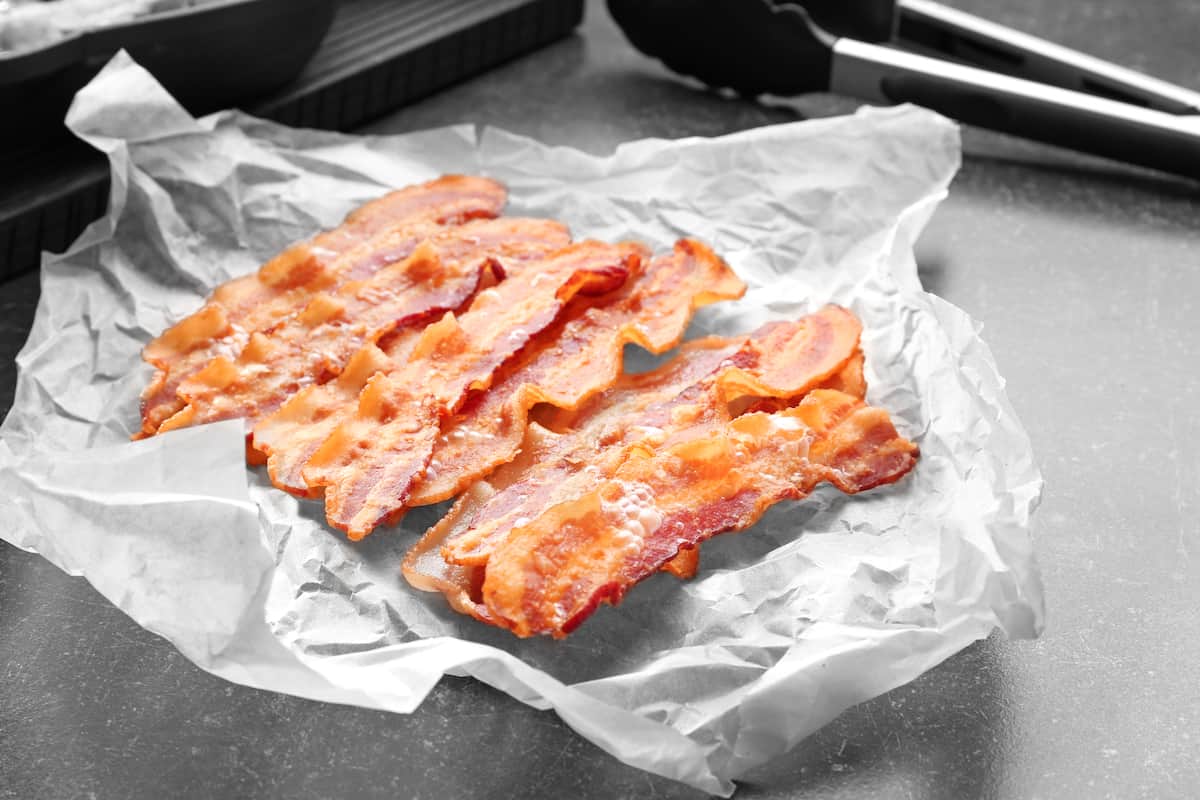
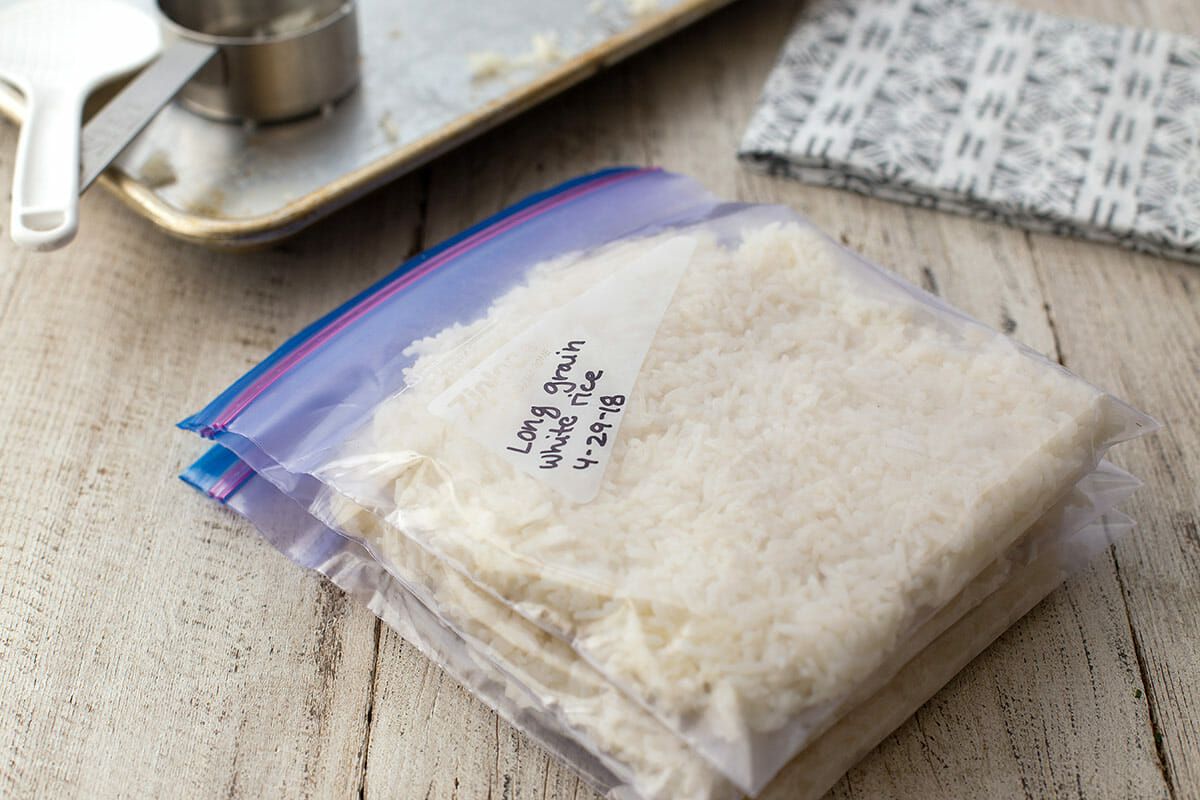

0 thoughts on “How Long Does Cooked Salmon Last In Freezer”